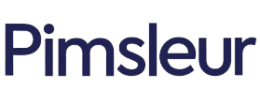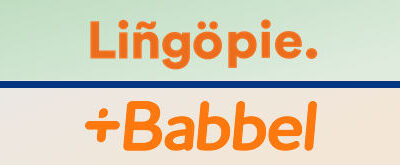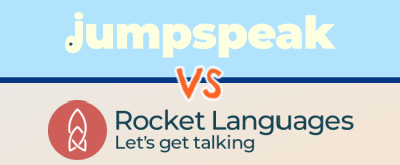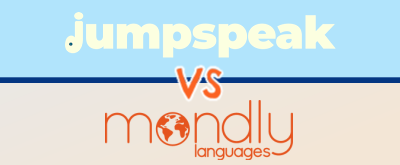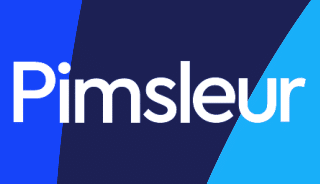
Free 7-Day Trial
Sign Up Today
|
$20/mo |
Pimsleur is a language learning app that focuses on audio-based lessons, using a conversational method and spaced repetition to build speaking and listening skills through interactive dialogues. |
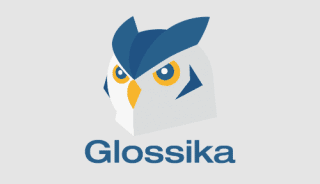
Learn Today
Free Trial
|
$17-$31/mo |
Glossika is a language learning app that uses a sentence-based, spaced repetition method to teach grammar, vocabulary, and pronunciation through listening and speaking practice with real-world phrases in context. |
When it comes to mastering a new language, both Pimsleur and Glossika offer unique approaches tailored to different learning styles. This article compares the two apps, highlighting their features, strengths, and which one might be the best fit for your language-learning goals.
Editor’s Choice
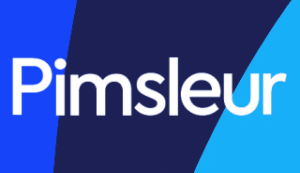
Pimsleur
- 50+ Languages
- Money Back Guarantee
Pros
- Interactive audio lessons that feature fluent speakers
- Diverse mix of practice drills following audio lessons
- Impressive speech recognition technology
- Finish lessons while you’re driving (special driving mode)
- Modern, easy-to-use digital platform and app
Cons
- Limited use of graphics/images throughout lessons
- Lessons take time to complete
Why Pimsleur Is Better Than Glossika
Let’s begin by discussing the major pros of the Pimsleur language program in comparison to Glossika.
Robust Audio Lessons
Pimsleur’s lessons focus heavily on long-form conversations. Each session begins with a 30-minute audio exercise led by an English-speaking host, who carefully guides you through a dialogue in your target language.
The process involves listening to a few sentences in the target language, pausing to hear the host explain the context and situation, and then actively participating in the conversation. Essentially, these exercises function as structured, step-by-step guided conversations (similar to what Rocket Languages offers).
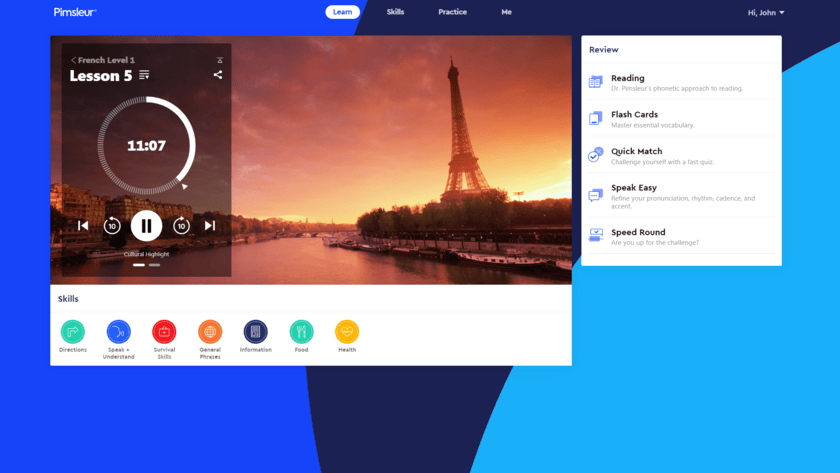
Unlike Glossika, which focuses primarily on repeating words and phrases, Pimsleur’s lessons are designed to be highly interactive, prompting learners to actively participate in conversations. You’re encouraged to engage with fluent speakers by responding with words, phrases, and sentences in the context of real-world dialogue, requiring you to follow the flow of the conversation and reply at the appropriate moments.
Conversational Practice
Unlike Glossika, which emphasizes learning and repeating phrases in isolation, Pimsleur requires active engagement—tracking the dialogue, understanding the context, and responding at appropriate moments. This approach mirrors the dynamics of everyday conversations, making the lessons feel more natural and effective for language acquisition.
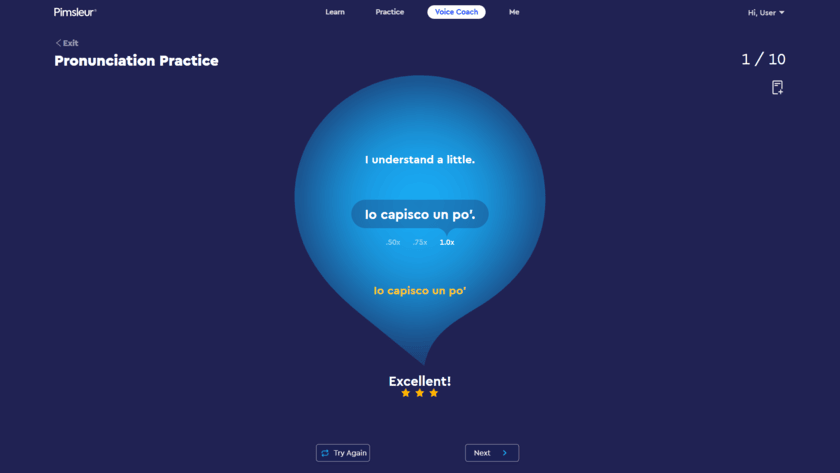
For learners aiming to develop speaking skills quickly, Pimsleur stands out. Its emphasis on conversational practice helps build confidence and fluency faster, making it ideal for reaching an intermediate level where basic conversations in the target language are possible.
Additionally, tools like the Pimsleur Voice Coach enhance pronunciation through daily practice and feedback using speech recognition technology (like Rosetta Stone), further solidifying its edge over Glossika.
Flexible Lesson Format
Another major advantage of Pimsleur is the flexibility of its audio-based exercises. Unlike Glossika, which often requires you to stay tethered to your screen, Pimsleur allows you to step away from your device and learn on the go.
This makes it perfect for those who prefer staying active while tackling the challenge of learning a new language. With Pimsleur, you can easily complete lessons while jogging, waiting to pick up your kids from school, or doing laundry. Additionally, the mobile app includes a convenient driving mode, enabling you to fit language practice into your daily commute.
Array Of Practice Exercises
After the audio portion of each Pimsleur lesson, learners can reinforce their skills through a variety of interactive exercises that mimic a blend of classroom activities and homework. These include reading practice, digital flashcards, quizzes, pronunciation drills, and speed games, creating a comprehensive and engaging learning experience (similar to Duolingo).
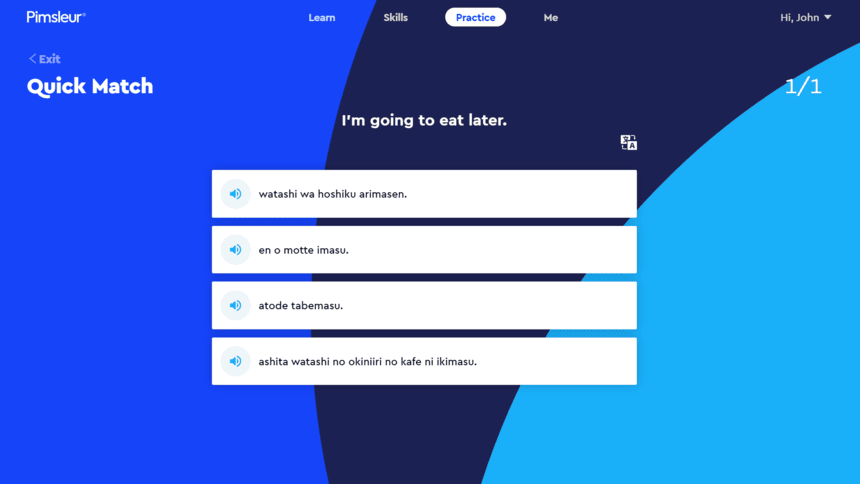
In contrast, Glossika’s practice drills are more limited in scope, focusing primarily on repetitive listening and repeating new words and phrases. Learners are asked to write or record themselves repeating the same set of sentences multiple times, offering less variety compared to Pimsleur’s dynamic approach.
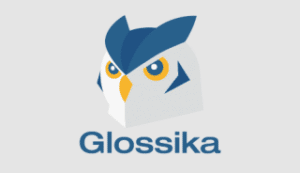
Glossika
- 60+ Languages
- Cancel Anytime
Pros
- Basic plan is technically cheaper than Pimsleur
- Lessons are shorter, easier to complete than Pimsleur’s
- Custom review sessions that use AI
Cons
- Lessons can become repeitive
- Program overall not as comprhensive or effective as Pimsleur’s
- Limited grammar instruction
- Pro plan is fairly expensive
Why Glossika Is Better Than Pimsleur
Now that we’ve covered Pimsleur in detail, it’s only fair we flip the script and discuss the major reasons to use Glossika to help you learn a new language such as Spanish, German, or Italian.
Short Lesson Format
Glossika’s lessons are notably shorter and more convenient to complete compared to Pimsleur’s longer sessions. For those with busy schedules who can only dedicate 10 to 15 minutes a day to language learning, Glossika may be the more practical choice. This shorter format can also help maintain motivation, as consistently finishing lessons provides a sense of progress and accomplishment, similar to the structure of Babbel’s lessons.
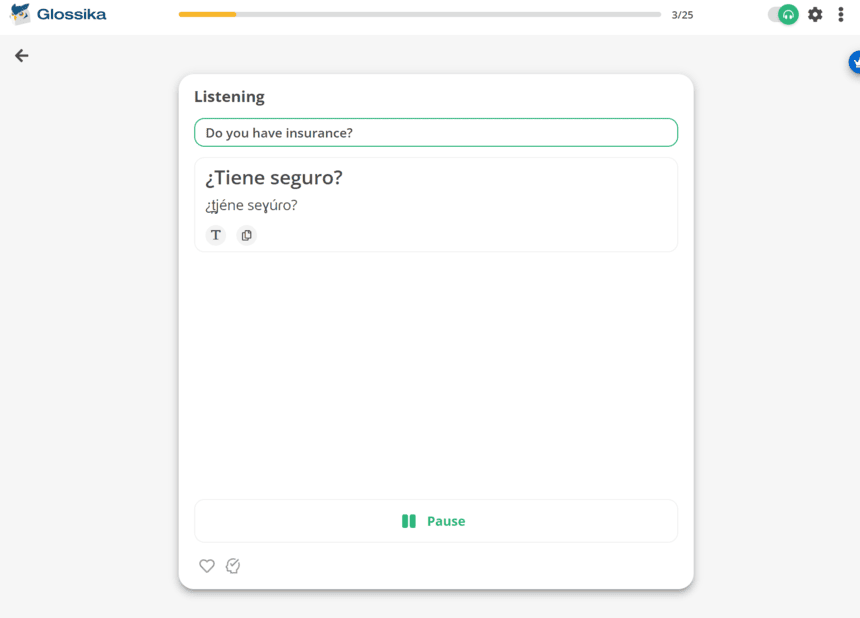
In contrast, Pimsleur’s lessons, which require about 45 minutes, might take several days to complete for learners with limited time, potentially making it harder to maintain momentum.
Basic Plan Is More Affordable
Pimsleur provides two subscription options: the Premium plan at $20 per month, which grants access to one language, and the All Access plan at $21 per month, offering access to over 50 languages.
Similarly, Glossika also has two tiers. The Basic plan costs approximately $17 per month and includes access to one language, while the Pro plan, priced at about $31 per month, provides unlimited access to more than 60 languages.
When comparing pricing, the two platforms are quite similar. Glossika is slightly more cost-effective for single-language learners, but for those interested in studying multiple languages, Pimsleur’s All Access plan offers better value.
Impressive Review Sessions
One aspect where Glossika stands out is its review sessions. As learners progress, the app encourages regular reviews of previously learned material, which is a common feature in language apps. What sets Glossika apart, however, is its use of AI to tailor these reviews.
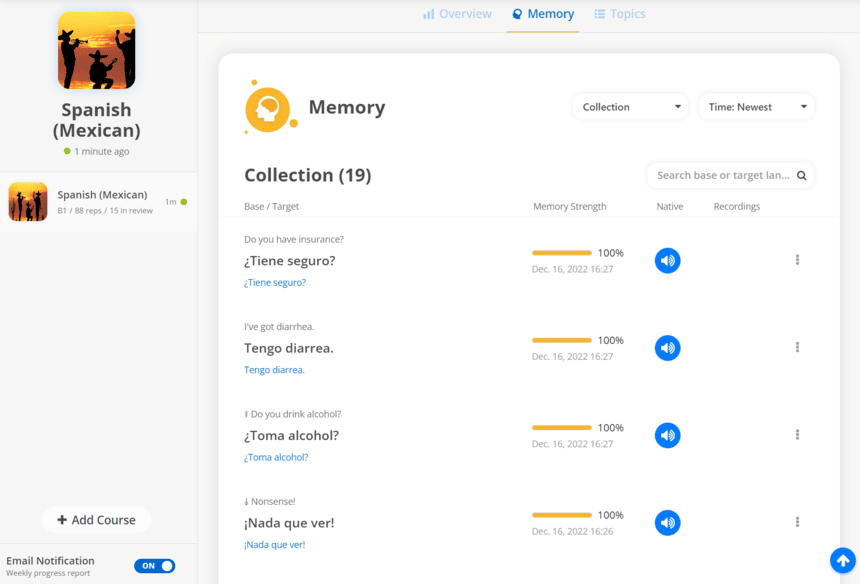
The technology predicts when a learner is likely to forget a word or pattern and proactively includes it in the next review session, making it particularly useful for languages like German and French.
Our team gives Glossika credit for this feature, as it does a more effective job than Pimsleur at reinforcing past lessons and helping learners retain what they’ve already studied.
Verdict: Which Language App Should You Choose?
After thoroughly testing both Pimsleur and Glossika, our team feels that Pimsleur ultimately offers the more comprehensive learning experience. While Glossika’s straightforward approach to natural language learning is effective in its own right, we found ourselves wishing for more depth and engagement. With Pimsleur, we never encountered that same feeling of wanting additional substance.
Pimsleur’s lessons are more well-rounded, incorporating a variety of practice drills and features that helped maintain our interest throughout. We especially appreciate how Pimsleur focuses on simulated real-world conversations, which encourages active participation and contextual learning, rather than simply listening to and repeating isolated sentences. In the end, we believe Pimsleur provides a more enriching and immersive experience, making it the better choice between the two.
The main difference between Glossika and Pimsleur lies in their teaching methods: Glossika uses a repetition-based approach with AI-driven review sessions, focusing on learning vocabulary and phrases. In contrast, Pimsleur emphasizes audio-based lessons with simulated real-world conversations, requiring more active participation to strengthen speaking and listening skills.
The choice between Glossika and Pimsleur depends on your learning style and goals. If you prefer a more immersive, conversational approach with a variety of interactive drills, Pimsleur may be the better option, while Glossika is ideal for those looking for a simpler, review-focused method with AI-powered personalized practice.

